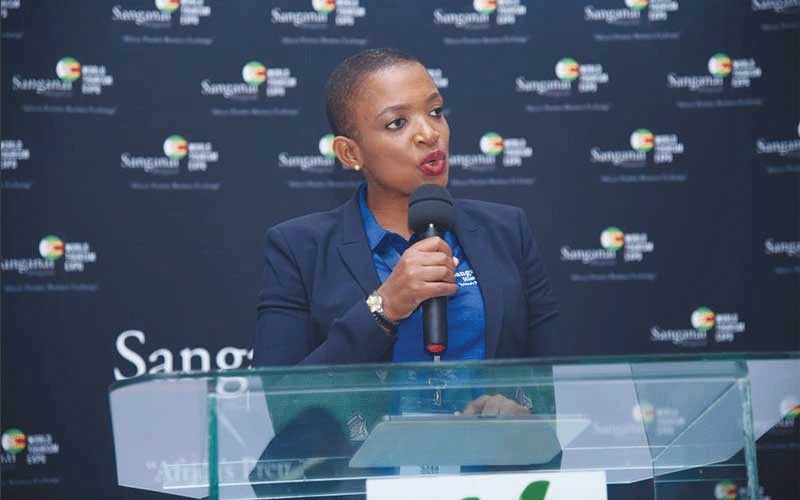
INVESTMENTS in the tourism sector dropped by a huge 45% to US$172,2 million last year, despite a 27% increase in tourism receipts to US$1,14 billion, it has been revealed.
The drop in investments is from a 2022 comparative of US$312,5 million while total tourism receipts in the same year were US$911 million.
Local companies are facing increased inflation-induced costs, limiting their ability to inject fresh capital, while the country also suffers from increased country risk and this is turning away fresh investments.
Soaring public and private debt is also preventing investors from injecting fresh capital.
The drop in investments was revealed on Friday at a two-day Zimbabwe Investment Summit 2024, hosted by the diaspora in partnership with the Ministry of Finance, Economic Development, and Investment Promotion, with other partners in South Africa.
“Our national strategic intent is to become upper middle-income country with people that have self-respect and dignity by 2030,” said Tourism and Hospitality minister Barbara Rwodzi.
“Tourism and hospitality in addition to agriculture, mining, manufacturing, and other sectors.
“The tourism and hospitality industry is the third largest contributor to the national Gross Domestic Product (GDP).”
- Platinum miners reject BNC refinery
- One stitch in time saves nine
- Govt to review suspended contracts as Zimdollar shortage bites
- ‘Tourism on the rebound’
Keep Reading
Zimbabwe’s risk factor is associated with the abuse of property rights, human rights abuses, closing of independent spaces, violent attacks by the state, increased cost of living from an inflationary environment, and taxes.
Such challenges have turned away tourists and fresh investment in Zimbabwe.
Rwodzi said tourism and hospitality contributed a significant 5,7% to the national gross domestic product and 3,5% to the total employment in the country, indicating room for more growth.
“Our goal is to promote and develop our tourism so that it moves two places up to become the single largest contributor to our national GDP or at least to double its contribution to the same,” she said.
Part of the strategy by the Tourism and Hospitality Ministry will be to target specific clusters for growth.
These include the rural tourism cluster, sports tourism cluster, religion cluster, business cluster, culture and heritage cluster, wildlife cluster, holidaying cluster, and medical tourism cluster.
“Our Zimbabwe tourism investment promotion strategy is pursued within the 11 clusters with particular focus on (1) programming infrastructure, (2) workforce training infrastructure, (3) physical (facilities) and digital infrastructure (ICT related) and (4) tourism financing infrastructure,” Rwodzi said.
“Tourism and hospitality industry is a low hanging fruit that is ready for picking.”
Brand Africa founder and chairman Thebe Ikalafeng said Zimbabwe needed to create tourism products that were branded as Zimbabwean to improve its tourism receipts.
“We need to be in the list of the largest tourism receipts as Zimbabwe because we have got the wealth of tourism products, whether it's Victoria Falls, Hwange, Matopos, Great Zimbabwe in Masvingo or Kariba; and this is just a selection,” Ikafeleng said.
“As the minister says, we need to get Zimbabweans first to love Zimbabwe, get Zimbabweans to travel Zimbabwe, because if Zimbabweans love and travel Zimbabwe, others will come visit Zimbabwe and we will be able to tell them a better story of Zimbabwe.
“Because, who runs the tourism companies coming into our countries? Foreigners, because our own people do not know the country so well.”
Domestic tourism remains untapped owing to the increased cost of living, driven in large part by currency volatility.
“If you look at Africa’s top countries for untapped tourism, Zimbabwe is in the top five or 10,” Ikalafeng said.










